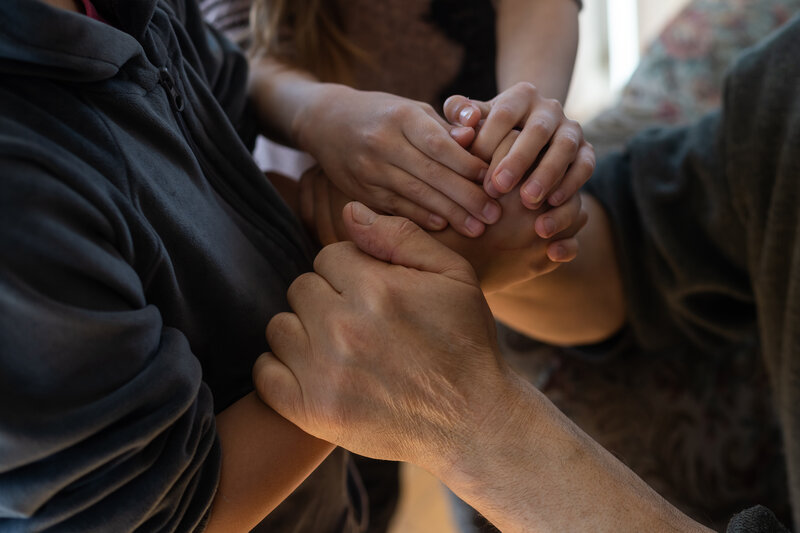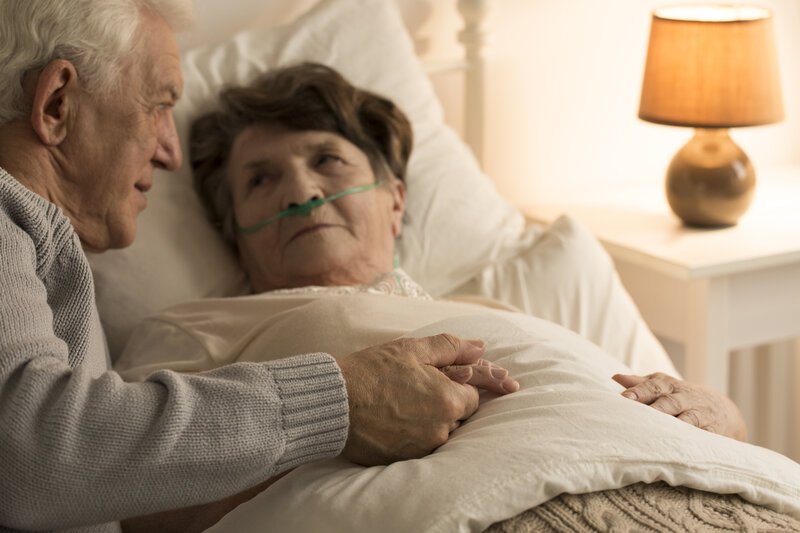Preparing For The Passing Of A Loved One

Preparing for the passing of a loved one may start the moment they receive a terminal diagnosis. In some cases, preparing for a person’s death takes place as the result of a sudden accident, unplanned accident, or as the reality sinks in that the end is near due to old age or the slow progression of a chronic condition. Whatever the case, setting the sacred tone for the passing of a loved one occurs in two parts.
The first part is dedicated to honoring a dying loved one’s comfort, ease, and well-being to the best of your ability. The second part is the self-care you practice as you give yourself and others the time needed to feel and express emotions and to feel nourished and rested for the days, weeks, or months ahead.







